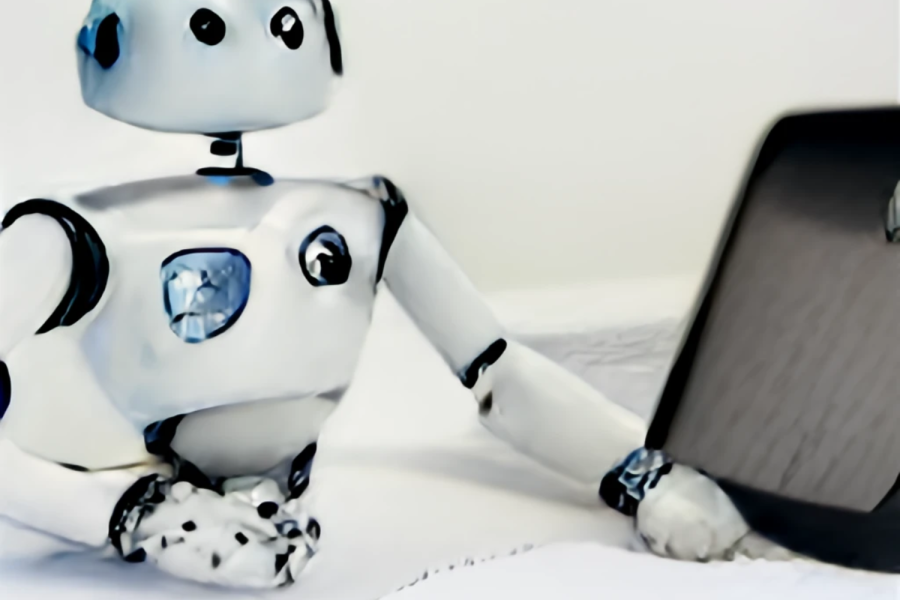Cars driving people. Programs generating ‘art’ and images. Computers writing your three-page English essay that is due in one hour.
In the past few years, artificial intelligence (AI) has expanded to play a role in a wide range of fields, including health, transportation, education, and entertainment. But as AI grows and broadens its reach, there should be greater concern regarding the misuse and overuse of AI.
Take writing and academia. OpenAI recently released ChatGPT, a program that can converse with humans and compose an essay from a prompt the user provides. Within a matter of seconds, a complete report can be written with minimal signs of it being generated using AI. But ChatGPT does not only write essays — it can solve math problems, grade papers, and prepare lessons.
If students can use AI to do their homework, and if teachers cannot detect that a human did not do that work, many aspects of education will lose their value. While AI can be a tool for creativity and teaching for some, it can also become a new way for others to slack off.
Not only will AI affect education, but it will also change the internet. With the spread of misinformation, heated debates, and catfishing already a major issue online, AI might only exacerbate such problems. For instance, someone might choose to create a fake persona with DALL-E, a deep-learning model that can generate digital images from a prompt. Data collection through smart toys, websites, and social media continues to raise ethical questions about using AI. Depending on how people choose to use these developments in technology, the rise of AI will either advance society or cause more difficulties.
An overreliance on AI presents additional troubles as well. Placing too much trust in technology can ignore the likelihood of unpredictable malfunctions and slow down human progress. And the real problem will emerge if AI ever learns to “rewrite” itself.
Of course, this is not to say that AI is not helping the world. We can see how restaurants used robots to serve food during the COVID-19 pandemic, how AI can help detect cancer or eye and skin disorders, and how machine learning allowed consumer platforms to push out targeted recommendations. But while AI has its benefits, we should be cautious of the dangers it poses and take measures to prevent possible consequences.
Given the surge in technology, many countries worldwide have begun regulating the development and use of AI. In California and across the United States, various pieces of legislation have been enacted, failed, or are pending. Since technology is being used in all sorts of domains, policies regulate the specific applications of AI.
So is using AI to write essays considered plagiarism? After all, AI is not another “person.” Without modifications to laws that keep up with these inventions, there will always be uncertainty surrounding what is and is not allowed.
The evolution of technology and AI will certainly continue, potentially reaching heights we cannot even imagine. But before excitement about such developments blinds us, boundaries should be defined to ensure that users are ethical and safe.












